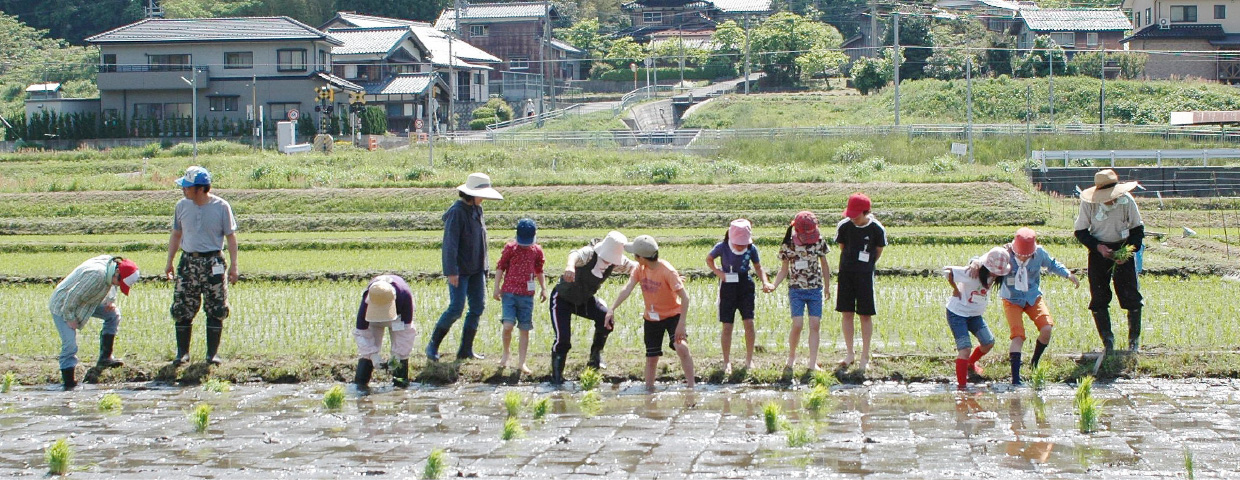NEWS

Symposium Promotes Community-based Activities & Governance for Seascape Restoration
2022.02.18
On 9 February 2022, UNU-IAS co-organised an online symposium on the theme Community-based Activities and Governance for Seascape Restoration. It launched a new series of symposiums as part of the UN Decade on Ecosystem Restoration. Focusing on satoumi coastal seascapes, the symposium featured case studies and good practices for restoring vulnerable marine ecosystems. The event was organised in partnership with the Ocean Policy Research Institute and the Ministry of the Environment, Japan (MOEJ).
In opening remarks, Atsushi Sunami (President, Sasakawa Peace Foundation) emphasised that the event’s main objective was to raise awareness and encourage public engagement in restoration efforts. Shinobu Yamaguchi (Director, UNU-IAS) noted that as an official partner of the UN Decade on Ecosystem Restoration, UNU-IAS was determined to provide knowledge management and support for ecosystem restoration projects. She highlighted the work of the International Partnership for the Satoyama Initiative (IPSI), which promotes sustainable relationships between people and nature through strategic approaches such as coastal management and restoration.
Makiko Yashiro (UNEP) outlined the mission of the UN Decade on Ecosystem Restoration – to enhance and support existing restoration commitments, implement the objectives of the Rio Conventions, and advance the SDGs. Miko Maekawa (OPRI) discussed the results of a report produced by IPBES and IPCC, which found that an increase in energy consumption, exploitation of natural resources, and land transformation had improved quality of life but also contributed to climate change and biodiversity loss. Evonne Yiu (Research Consultant, UNU-IAS) reiterated the importance of coastal ecosystems for biodiversity, as they provided food and shelter for marine life and were interconnected with inland ecosystems.
Masami Yamashiro (Onna Village Fisheries Cooperative) discussed collaborative efforts by fishers in Onna, Okinawa prefecture, to restore bleached coral reefs by planting and protecting healthy corals. Takuzo Abe (Minamisanriku Nature Center Japan) introduced restoration projects in Shizugawa Bay, Miyagi prefecture, that educated children about their local seascape and helped to restore seaweed and seagrass biodiversity.
Guido Gualandi (Associazione Grani Antichi Montespertoli, Italy) presented on sustainable fishing practices in Orbetello Lagoon, Italy, where fish are kept in the lagoon until there is demand, preventing overfishing. Dixon Gevana (University of the Philippines Los Baños, Philippines) discussed a community in Alitas, Philippines, that transformed abandoned fishponds into mangrove forests, thus reducing flooding during storms. In a panel discussion moderated by Tsunao Watanabe (Director, IPSI), panellists stressed the importance of collaboration between local communities and the government to protect ocean biodiversity and mitigate climate change. Various projects implemented by the government of Japan were discussed, including educational programmes for children on ocean conservation, the creation of seaweed meadows near ports, and the management of seascapes in collaboration with fisheries.
In closing remarks, Naohisa Okuda (Director General, Nature Conservation Bureau, MOEJ) emphasised that forests, oceans, and societies were intertwined, and that knowledge must be shared and promoted in local communities to achieve the mission of the UN Decade on Ecosystem Restoration.
A video recording of the event is available


